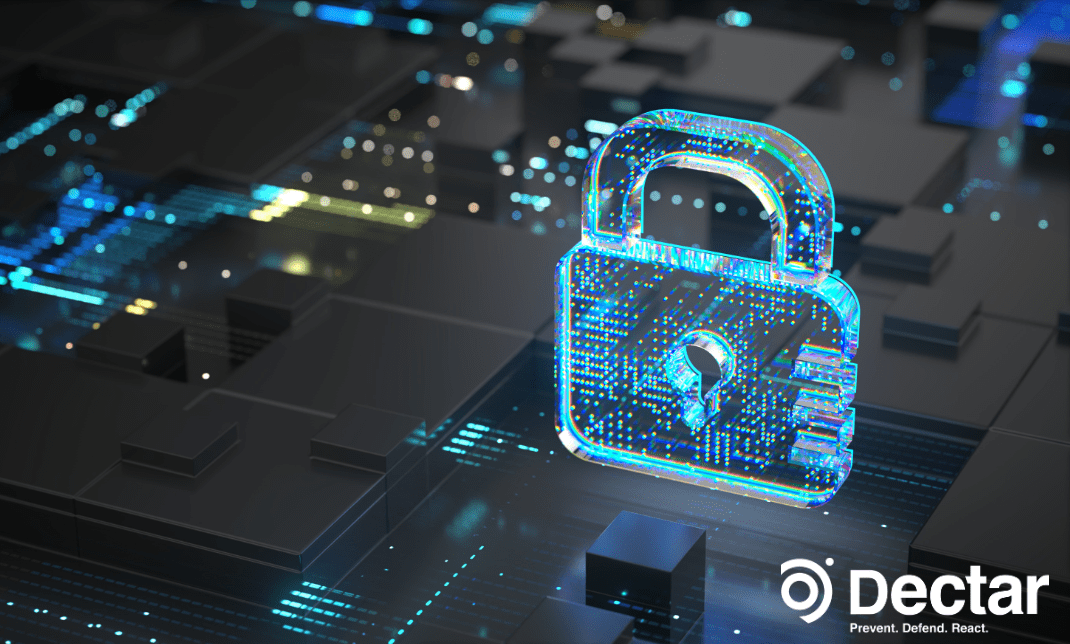
The NIS2 Directive introduces new cybersecurity obligations for a broad spectrum of businesses, aiming to ensure a consistently high level of protection against cyber threats. The regulation imposes stringent cybersecurity requirements on a wide range of organizations operating in sectors deemed critical for the functioning of European society.
Navigating the Current Geopolitical Landscape
The current geopolitical scenario presents unprecedented cybersecurity risks. The European Union recognizes the need to enhance resilience and response capabilities to these risks at both the Union and individual Member State levels. This extends to businesses and public administrations, which are the first line of defense against cyber threats.
In 2016, the NIS Directive was issued to achieve a high common level of cybersecurity across Member States. However, a planned review in 2020 revealed intrinsic deficiencies in addressing current and emerging cybersecurity challenges. Consequently, the NIS2 Directive was published in the Official Journal of the European Union on December 27, 2022, and came into effect on January 16, 2023. The directive aims to maintain a high common level of cybersecurity among Member States, improving uniformity and effectiveness in implementation to ensure real protection for the Union’s social and economic life.
NIS2 replaces the previous NIS Directive, which will be repealed on October 18, 2024, addressing a radically changed threat landscape and resolving issues that hindered the previous directive from achieving desired results.
Entities Subject to NIS2
One of the key changes introduced by NIS2 is the broadening of the scope of sectors covered. The distinction between Operators of Essential Services (OES) and Digital Service Providers (DSP) is replaced by the categorization into Essential Entities and Important Entities. These include organizations operating in High-Risk Sectors and Other Critical Sectors as outlined in Annexes 1 and 2 of the Directive. Notably, this now includes the Public Administration sector.
Key sector covered:
- Energy
- Transportation
- Banking
- Financial Market Infrastructures
- Healthcare
- Drinking Water
- Wastewater
- Digital Infrastructures
- ICT Service Management (B2B)
- Public Administration
- Space
- Other Critical Sectors
Obligations for Entities in Scope
Entities falling under NIS2 must adhere to a range of cybersecurity measures, spanning governance, risk management, supply chain security, and incident reporting.
Governance:
Boards of Essential and Important Entities, such as the Board of Directors, are mandated to approve the organization’s risk management measures, undergo periodic cybersecurity training, and provide similar training to employees.
Risk Management:
Entities must assess risks and implement necessary technical and organizational measures, including multi-factor authentication, encryption, and adherence to basic cybersecurity hygiene and human resources security practices. This extends to evaluating risks associated with the supply chain, ensuring the security of supplier relationships, considering specific vulnerabilities, and assessing overall cybersecurity practices.
Supply Chain Security:
Entities in scope must consider specific vulnerabilities for each direct supplier and service provider, evaluating the overall quality of products and cybersecurity practices. This includes all suppliers, not just those providing ICT services or products.
Controls and Sanctions for Non-Compliance:
While there are no differences in cybersecurity requirements between Essential and Important Entities, variations exist in the severity of surveillance measures and sanctions. Essential Entities face more stringent controls and higher fines. Non-compliance may lead to fines equivalent to at least €10 million or at least 2% of the total annual worldwide turnover for Essential Entities. For Important Entities, the fines are lighter, with a maximum of at least €7 million or at least 1.4% of the total annual worldwide turnover.
In severe cases of non-compliance by Essential Entities, individuals holding managerial roles, such as CEOs or legal representatives, may face suspension or temporary prohibition from performing such functions in that entity.
Preparing for NIS2 Implementation:
As a directive, NIS2 must be transposed into national law by the Member States. The obligations become fully applicable the day after the date set for transposition by Member States, scheduled for October 17, 2024. During the transposition process, Member States may further define some of the obligations imposed on organizations, considering the peculiarities of their national contexts.
The Dectar Advantage: Your Shield in the Cyber Battlefield
Amidst these obligations, Dectar emerges as a stalwart ally, providing a suite of cutting-edge products designed to empower businesses in their cybersecurity endeavors.
Compliance Made Simple:
Navigating the intricate landscape of cyber regulations can be daunting. Dectar’s products are crafted to simplify compliance, ensuring that your business meets and exceeds the necessary standards effortlessly.
Holistic Protection
Dectar understands that cybersecurity is not a one-size-fits-all endeavor. Our solutions offer holistic protection, addressing a spectrum of cyber threats.
Preparedness as a Strategy
Cyber threats are not a matter of if but when. Dectar’s products instill a culture of preparedness in your business. Be ready for unforeseen challenges, and turn potential vulnerabilities into strengths.
Invest in Preparedness, Invest in Dectar
The proactive approach to cybersecurity is not just about meeting obligations; it’s an investment in the longevity and resilience of your business. Dectar’s solutions go beyond compliance; they empower your business to thrive in the ever-evolving digital landscape.
Ready to Secure Your Future? Contact Dectar Today
Don’t wait for a cyber incident to realize the importance of preparedness. Take charge of your business’s cybersecurity journey with Dectar’s state-of-the-art solutions. Let’s build a secure future together.
Contact us now and fortify your business against the unseen threats of the digital age.